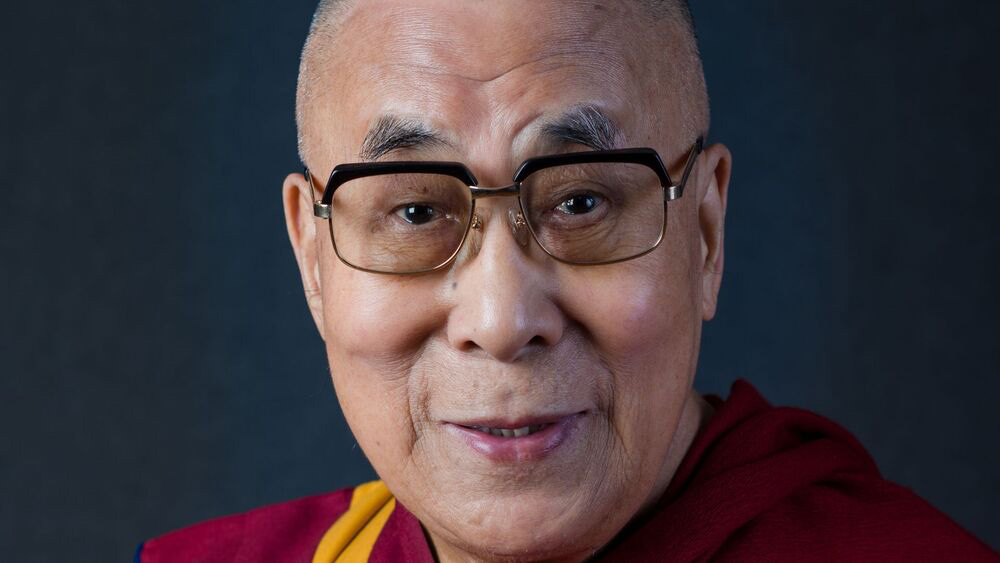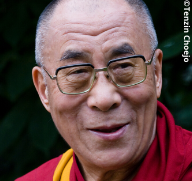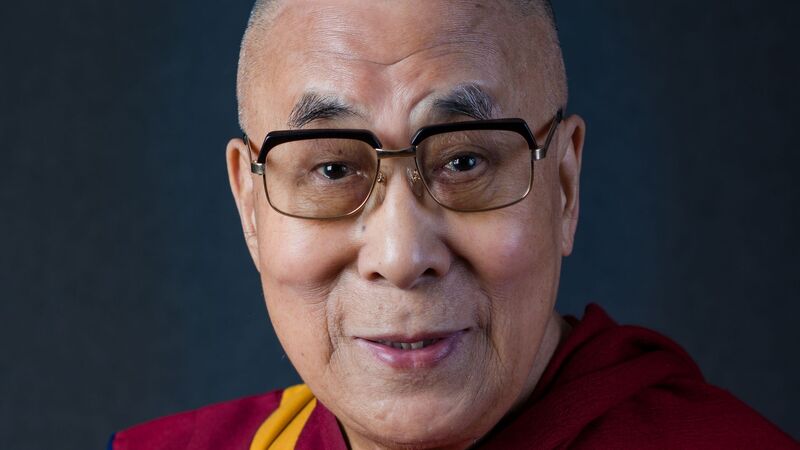You are viewing your 1 free article this month. Login to read more articles.
HarperCollins to publish 'personal and definitive' memoir by the Dalai Lama
HarperCollins Publishers has announced the publication of Voice for the Voiceless: Over Seven Decades of Struggle with China for My Land and My People, a "personal and definitive" account of the Dalai Lama’s fight for human rights, freedom and dignity for the Tibetan people, and his enduring vision for a peaceful future.
Mauro DiPreta, executive editor of William Morrow, negotiated world rights with Stephanie Tade at Stephanie Tade Agency. The book will be published by William Morrow in the US and HarperNonFiction in the UK on 11th March.
It will also be published by HarperCollins in Australia, Canada, Germany, Italy, France, Holland, Brazil and Spain, as well as in Spanish in North America by HarperCollins Español.
Timed to coincide with the 75th anniversary of China’s invasion of Tibet and the Tibetan Uprising Day on 10th March 1959, Voice for the Voiceless’s publishers say it "offers a rare, intimate perspective on Tibet’s unresolved struggle for freedom and His Holiness the Dalai Lama’s personal and extraordinary life journey".
The Dalai Lama said: “Voice for the Voiceless is an important work for me and my people. It is an account of over seven decades of my dealing with successive leaders of the People’s Republic of China on behalf of Tibet and its people. I share my own personal experiences since I was 16 years old when I was asked to assume the leadership of Tibet, including the persistent efforts I have made to save my homeland and people. The book also recounts how, despite all the suffering and destruction, we still hold fast to the hope for a peaceful resolution of our struggle for freedom and dignity. From a 19-year-old negotiating with Chairman Mao at the height of his powers in Beijing to my recent attempts to communicate with President Xi Jinping, I convey in this book the sincerity of our efforts. Drawing on the lessons learned from my decades of engagement with Beijing, the book also aims to offer some thoughts on what might be the way forward."
He adds: "In my role as the Dalai Lama, there is no issue more important than what I describe in these pages. My hope is that the book will stimulate fresh thoughts and conversations today and provide a framework for the future of Tibet even after I am gone."





















